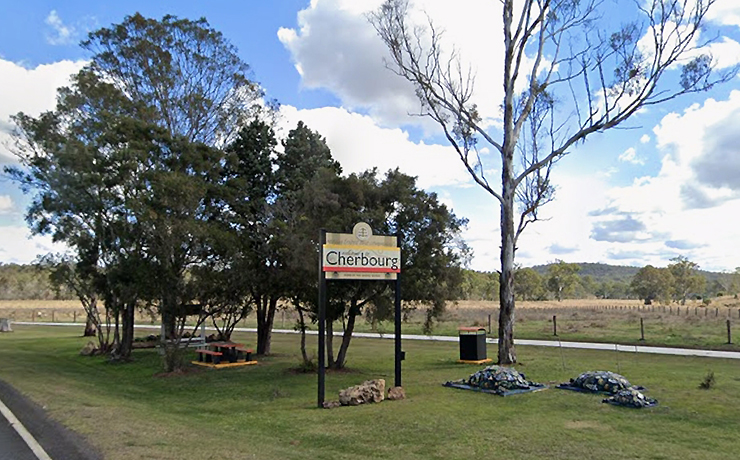
The State Government says new nature conservation legislation passed tonight will help save business about $50 million a year.
Environment Minister Andrew Powell said the Nature Conservation (Protected Plants) and Other Legislation Amendment Bill 2013 was the first step in reforms that were expected to reduce business compliance costs from an estimated $52.8 million to $2.6 million per year.
“Government administration costs will also fall from an estimated $705,000 to $381,000 per year, giving total savings of some $50.5 million per year,” Mr Powell said.
“We are streamlining regulations and administration so activities like harvesting and selling native plants, flowers and seeds and clearing for agriculture and development can be assessed and undertaken with a minimum of fuss.
“The $50.5 million savings are mostly due to the removal of flora survey requirements for all but high-risk clearing activities, benefitting the agricultural and development sectors and also electricity and infrastructure providers.”
Mr Powell said measures in the new legislation included:
- A risk-based approach, where only clearing in high-risk areas will require approval under the Nature Conservation Act 1992
- An exemption from requiring approval for clearing where a site contains no threatened plants, and
- An increase in approval duration, of up to two years, meaning applicants no longer need to reapply for the same clearing activity.
Mr Powell said that while the new laws would simplify how people managed and worked with native flora, they would not lessen the protection given to Queensland’s native plants.
“The previous legislation was unworkable,” he said.
“In the past there was no requirement for flora surveys to be of a particular standard or even be provided to the department. It meant the detection of illegal activities was difficult to prove.
“Queensland has the most diverse array of native flora in Australia, with more than 12,800 known species, and these are an integral part of our natural capital.
“This legislation will provide certain outcomes for protected plants and ensure they remain a resource that we will manage properly to ensure their health and diversity.”
Mr Powell said while changes to the Nature Conservation Act were passed, changes in relevant regulations, such as the Nature Conservation (Wildlife Management) Regulation 2006, and the repeal of the Nature Conservation (Protected Plants) Conservation Plan 2000, were now needed to deliver streamlining and other benefits.
“These regulations are being drafted for consultation now, with a view to having the full package in place in early 2014,” he said.
[UPDATED with correction]























